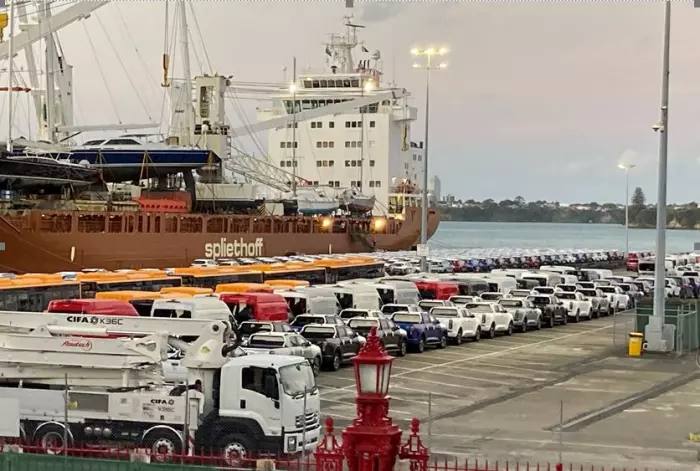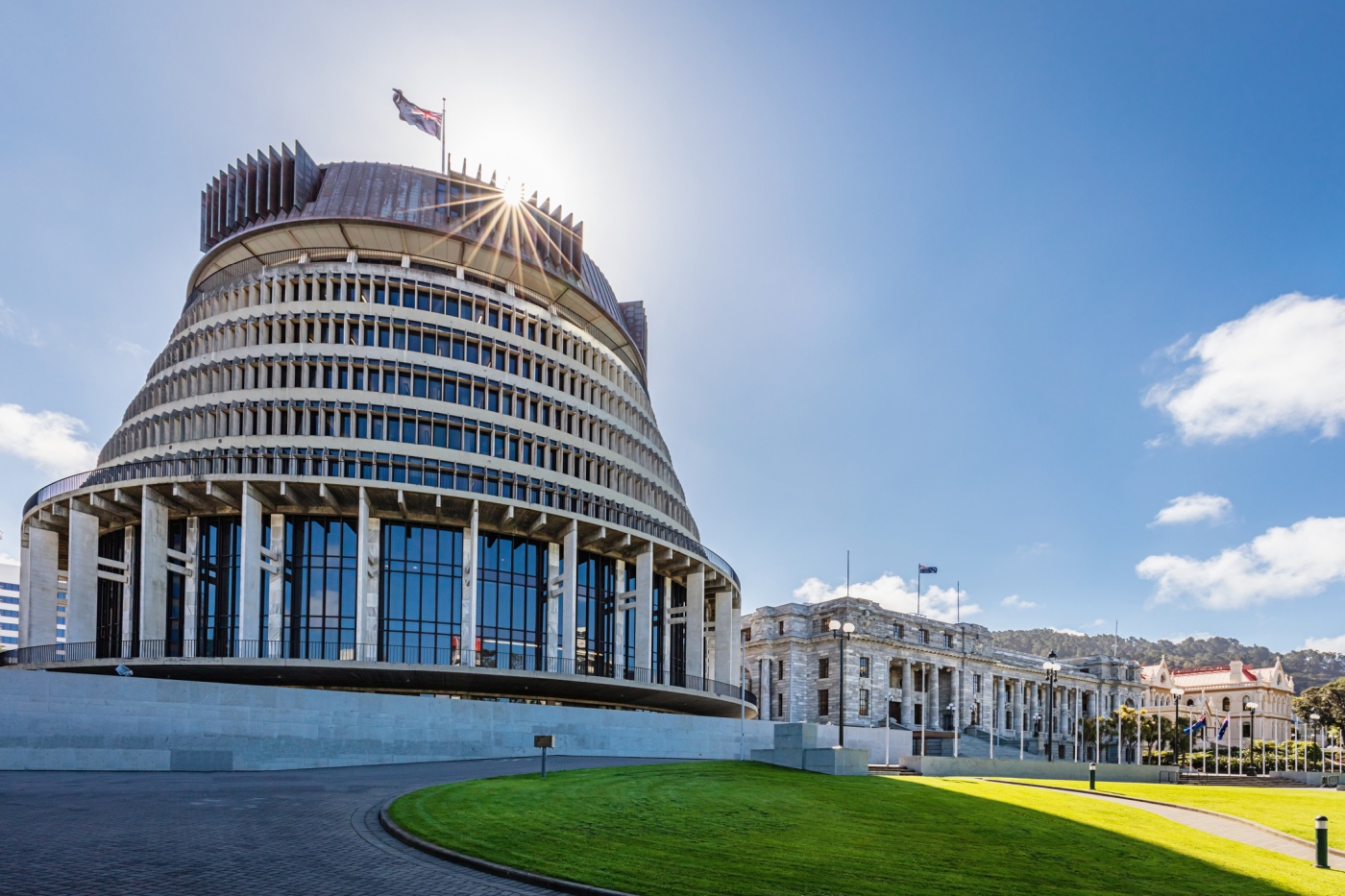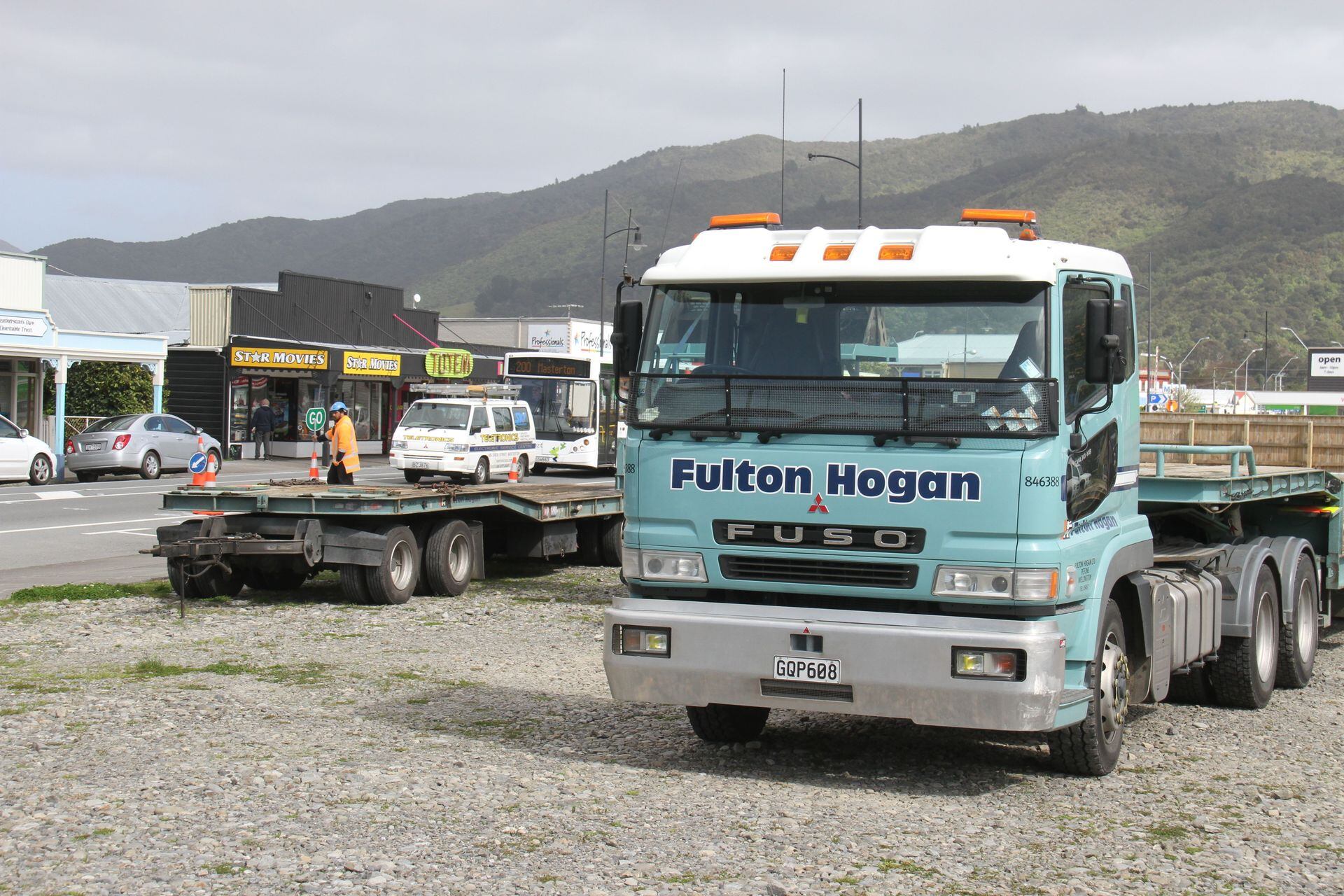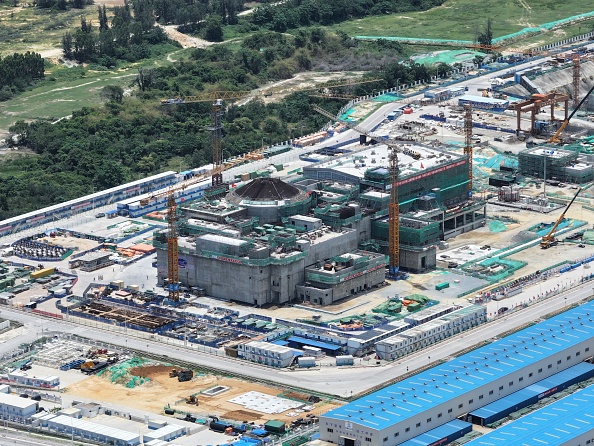The Motor Industry Association (MIA) says logistics challenges did little to dent the pace of new car arrivals with 14,552 cars driven onto the Auckland car terminal last month.
Kiwis got the keys for 69,564 new vehicles for the first five months of this year. That's up almost two-thirds, or 27,379 more than the comparable 2020 period – albeit the 2020 numbers were impacted by covid lockdowns.
Both April and May sales were also all-time records for their respective months. That saw new passenger car registrations accelerate by 85% during May to just over 10,000 units, from 4,611 units last May, also an all-time peak for that month.
MIA principal technical adviser Mark Stockdale said the demand for cars represented "substitute spending" by New Zealanders unable to travel and as retailers filled back orders that in some cases extended to six months.
Stockdale said the association was seeing very few cars actually hitting showroom floors, as vehicles were sent directly to their new owners following registration formalities.
But, he said, global demand had started outstripping production capability as the industry continued to grapple with a worldwide shortage of semiconductor chip availability.
That was largely a result of a fire at Japan's Asahi Kasei Microdevices last October, the world's largest supplier of semiconductors.
Stockdale said in some cases that was seeing production of some models suspended.
That fire also inadvertently helped drive improved profitability at local tech components manufacturer Rakon.
Last week, the NZX-listed firm reported a 59% increase in earnings before interest, tax, depreciation and amortisation to $23.5 million for the financial year to March, off an 8% improvement in revenues to $128.3m.
In its market announcement, Rakon said it expected continued high demand for its crystal oscillator (TCXO) integrated circuits business, as well as orders for tech componentry for autonomous vehicles.
On the strength of that, it has provided guidance for ebitda for the current financial year in a range from $27m-to-$32m.
The frenzied new car buying also spilled over into the second hand market, with the country's largest car yard, Turners Automotive, turning in significantly improved earnings for its March 2021 year on the strength of both sales but particularly car finance.
Pro rata supply
But Stockdale said continued shortages and logistics issues could mean manufacturers start limiting supply to certain markets.
Record sales of utility vehicles like the Ford Ranger (876 units) and Toyota Hilux (795 units) also reflected the buoyant construction and farming sectors, he said.
Those two vehicles alone represented 37% of all commercial sales for the month, while the Toyota RAV4, at 620 units, remained as the most popular passenger car.
Pure electric vehicle sales were at 276, a level likely to increase over the coming year as government's 'carbon neutral' agenda started to ramp up, with 1,232 hybrid vehicles sold.






